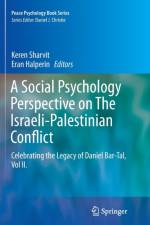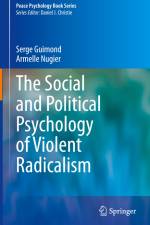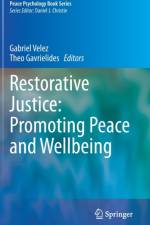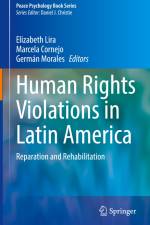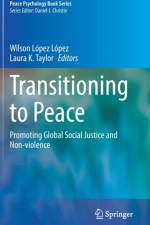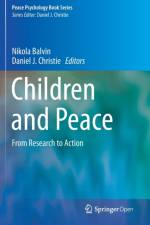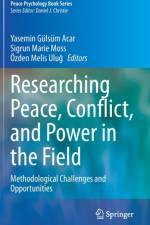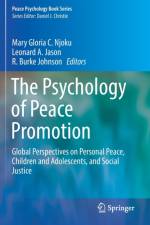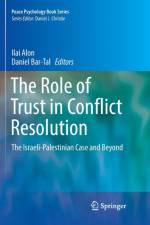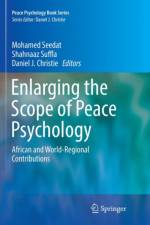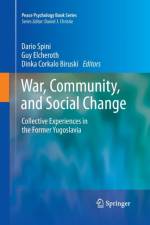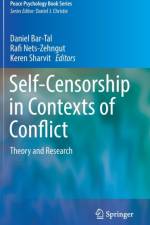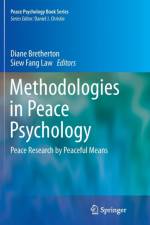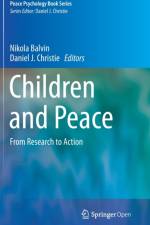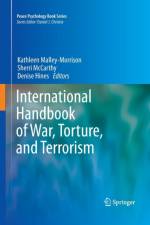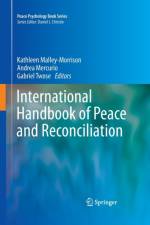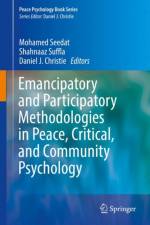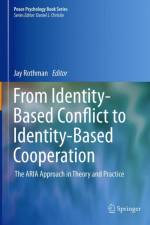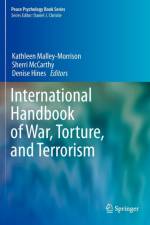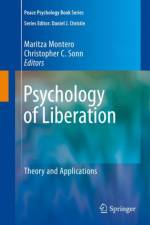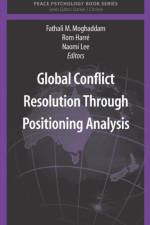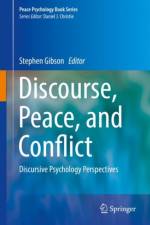3 581
Armed conflict, on domestic or foreign soil, impacts people¿s daily lives and shapes policy around the world. Millions live with the threat of terrorism, whether from random sources or known enemies. And the acceptability of torture is debated by politicians and public alike.The International Handbook of War, Torture, and Terrorism synthesizes historical backgrounds, current trends, and findings from the Personal and Institutional Rights to Aggression and Peace Survey (PAIRTAPS), administered in forty countries over nine global regions. Contributors examine the social, cognitive, and emotional roots of people¿s thinking on war and national security issues, particularly concerning the role of governments in declaring war, invading other countries, or torturing prisoners. By focusing on the cultural traditions and colonial histories of broad regions rather than of individual nations, the book demonstrates how context shapes ordinary citizens¿ views on what is justifiable during times of war, as well as more nebulous concepts of patriotism and security. The Handbook:Introduces the PAIRTAPS and explains the methodology for analyzing responses.Defines war-related concepts from the unique perspectives of Western Europe, U.K./U.S., Middle East, Gulf States, Russia/Balkans, Africa, Latin America, South/Southeast Asia, and East Asia.Provides an integrative summary of definitions and points of view.Situates results in terms of social engagement/disengagement theory.Considers implications for peace and reconciliation. As a reflection of the changing global landscape, the International Handbookof War, Torture, and Terrorism deserves to be read by a wide range of researchers in peace psychology, political science, sociology, and anthropology.

